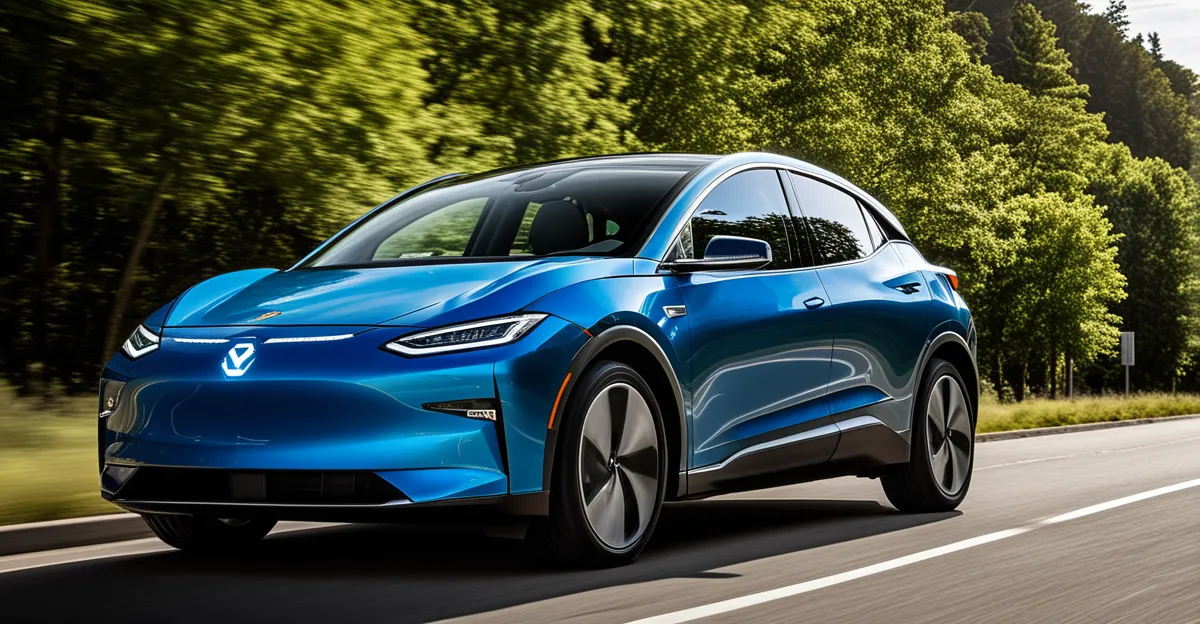Emerging Technologies Accelerating Electric Vehicle Progress
Advancements in electric vehicle technologies are rapidly transforming the EV landscape, particularly through innovations in battery chemistry. Recent breakthroughs in EV battery innovations focus on enhancing energy density and durability, leading to longer driving ranges and faster charging times. Solid-state batteries, for instance, promise higher capacity and safer operation compared to traditional lithium-ion variants, directly addressing one of the main barriers to wider electric vehicle adoption.
Progress in charging infrastructure advancement is equally critical. The expansion of fast-charging networks reduces downtime for EV users by significantly decreasing charging sessions to under 30 minutes in many cases. Additionally, wireless charging technology is emerging, allowing a seamless, cable-free experience that could revolutionise consumer convenience at home and public spots.
Also read : How are Electric Vehicles Transforming the UK’s Job Market?
Furthermore, integrating electric vehicles with smart grid technology is a key development facilitating energy efficiency and grid stability. This allows EVs to act as mobile energy storage units that can feed excess power back into the grid during peak demand, fostering a two-way interaction between vehicles and infrastructure. Collectively, these technologies are accelerating the practical usability and environmental benefits of electric vehicles.
Impact of EVs on Urban Mobility and Infrastructure
Electric vehicle technologies are reshaping urban mobility by influencing city planning and transportation systems. As electric cars become more common, cities must adapt by expanding EV infrastructure such as strategically placed charging stations to support increasing demand. This infrastructure advancement facilitates smoother integration of EVs into daily urban life, ensuring drivers have easy access to charging both at home and in public spaces.
In the same genre : How Can Electric Vehicles Transform the Future of Public Transport?
The rise of EVs also catalyzes sustainable transportation models, encouraging investment in reliable, accessible electric public transit and ridesharing options. Shared electric mobility solutions reduce urban congestion and pollution, enhancing overall city livability. Furthermore, micro-mobility innovations like electric scooters and bikes complement these efforts, offering convenient last-mile travel with minimal environmental impact.
Planning for EV infrastructure requires coordination between city officials, utility providers, and private stakeholders to optimize placement and support grid demands. Such efforts ensure that EVs effectively contribute to greener, more efficient urban transport networks. In summary, the evolving relationship between urban mobility, sustainable transportation, and EV infrastructure underlines the transformative role electric vehicles play in shaping future cities.











